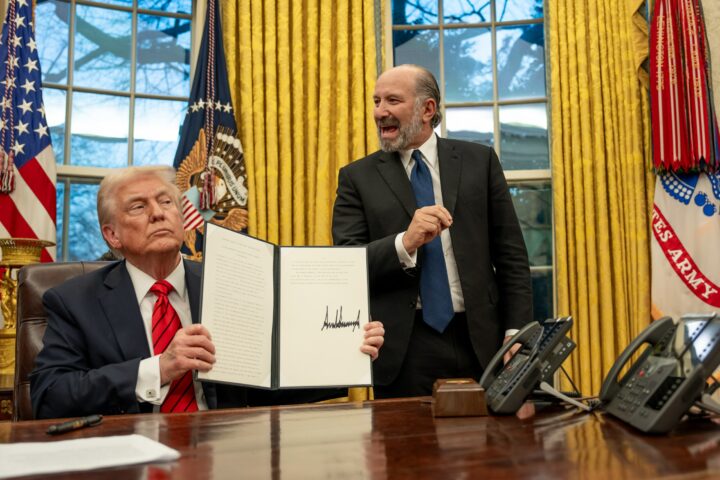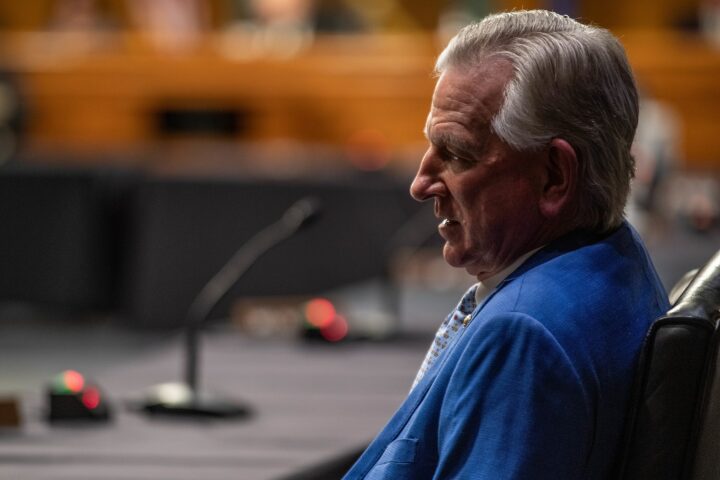Pennsylvania Democratic Governor Josh Shapiro traveled to a West Philadelphia hair salon to sign a bill banning what Democrats call “hair discrimination,” marking a high-profile ceremonial moment for legislation known as the CROWN Act—short for “Creating a Respectful and Open World for Natural Hair.” The law explicitly protects hairstyles such as locs, braids, twists, and afros and passed the state Senate 44-3.
Shapiro framed the bill as a matter of “freedom,” declaring, “Real freedom means being respected for who you are — no matter what you look like, where you come from, who you love, or who you pray to. For too long, many Pennsylvanians have faced discrimination simply for hairstyles that reflect their identity and culture — that ends today.”
The signing comes at a time when Pennsylvania faces persistent issues such as rising crime in its major cities, a fentanyl crisis, and economic concerns affecting working families. Yet Democrats placed heavy emphasis on the symbolism of hairstyle legislation, with Shapiro choosing a salon as the backdrop to highlight what he described as an overdue cultural victory.
Democratic House Speaker Joanna McClinton and U.S. Rep. La’Tasha D. Mayes—both vocal supporters of the CROWN Act—described the law in intensely personal terms. McClinton claimed she avoided wearing braids from law school through her early legal career because she believed such hairstyles would be “disrespected,” adding that “they will not look at your hair and say you cannot work here.”
Mayes said the legislation would reverse what she described as deep social harms: “Hair discrimination has taken confidence from our children… dignity from workers… access to economic opportunities, hopes and dreams, but that begins to end today.”
The CROWN Act was first introduced in Congress in 2021 and approved in 2023 but has stalled at the federal level. Twenty-eight states have implemented similar laws, pushed largely by progressive activists and Democratic lawmakers. Critics argue the bills are politically motivated and unnecessary in states that already have broad anti-discrimination protections, while supporters claim the measures address hidden biases in schools and workplaces.
Recent media attention surrounding “Black hair politics” has resurfaced, partly due to former First Lady Michelle Obama’s comments on her book tour. Obama argued that Black women feel “trapped” by beauty expectations and straighten their hair to meet what she labeled “white standards.” She claimed these pressures prevent Black women from participating in exercise, swimming, and other activities, saying, “People won’t go to the gym because we’re trying to keep our hair straight for y’all!”
Obama went further, suggesting the need for laws to protect Black women from comments or curiosity about their hair. “Why do we need an act … an act of law to get white folks out of our hair? Don’t tell me how to wear my hair. Don’t wonder about it. Don’t touch it. Just don’t.”
Supporters of the bill echoed Obama’s tone, framing the CROWN Act as a civil rights milestone. However, conservatives argue the legislation is yet another example of Democrats prioritizing symbolic identity-politics victories over the far more urgent concerns of Pennsylvania residents. While businesses struggle under inflation, parents worry about school safety, and criminals increasingly evade prosecution in Philadelphia, the governor used state resources to stage a celebratory bill signing about hairstyles.
Critics say Shapiro’s choice of focus shows a widening disconnect between Democratic leaders and the everyday struggles of working-class Pennsylvanians. As Democrats celebrate what they view as cosmetic progress, many residents are still waiting for meaningful action on issues that affect their safety, livelihoods, and quality of life.
[READ MORE: Interior Department Announces Higher National Park Fees for Foreign Visitors]








